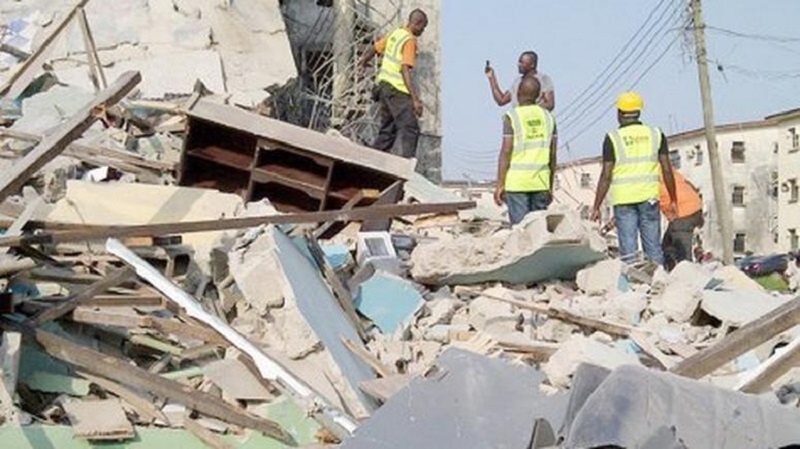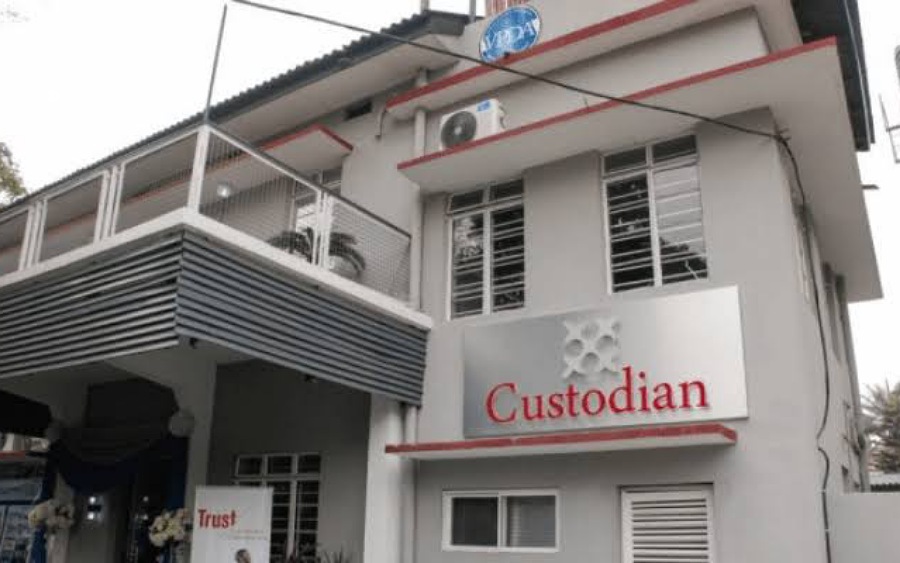The frequency of building collapses in Lagos State raises a question of quality in the building construction industry as well as efficiency of the work of the relevant state agencies. In 2022 alone, there have been 3 building collapses, and this is barely a few months after the Ikoyi building collapse which happened in November 2021.
In this article, we review the frequency of building collapses over the past 5 years, the most affected regions and outline relevant government initiatives that have been initiated to address the collapse issue.
An average of 4.8 collapses have occurred within the past 5 years
The recent collapse that occurred in Ago Palace way made it the fourth collapse in the last six months in Lagos State. Even more alarming are the figures of 5 years, showing that an average of 4.8 collapses happen each year in the past five years.
Building collapses have been more intense in the Lagos Island area followed by the Ebute-Metta area. This can be attributed to the high number of old and dilapidated buildings in these regions.
However, the most recent collapses have occurred sporadically in different areas as shown below;
Interestingly, the rate of building collapses recently has actually reduced compared to 5 years ago. 2017 still has the highest number of building collapses(9) in a year while 2011 recorded the highest collapses over the past decade at 19 buildings(Brookings Institution).and in more than 10 years, 2011 still has the highest number of 19 collapses. Notably, the LABSCA was commissioned in 2012, after the highest number of 19 collapses, and since then, the recorded collapses in Lagos have reduced significantly.
36% of the collapses were due to Poor Construction
In our analysis of collapsed buildings between 2017 and 2022, we found that there was a wide range of causes of a collapse, from gas explosions to heavy downpours of rain, and even old and dilapidated buildings.
However, the most popular cause of the building collapse was poor construction, accounting for 36% of the collapses. Old buildings accounted for the second-highest reason for collapse accounting for 20%.
However, in all these instances, the overarching trend was the lag in the part of the responsible agency, which ought to uphold construction standards, as well as enforce the regulations.
The LASPPPA and LABSCA have spearheaded both laws and initiatives to prevent against building collapses in Lagos State
In an in-depth article we wrote on the Ikoyi building collapse, we answered the question on where the authorities were and mentioned that the agencies responsible for dealing with building collapses in the state are the: Lagos State Physical Planning Permit Agency (LASPPPA) and Lagos State Building and Control Agency (LABSCA).
The LABSCA agency in particular has a vision to ensure that buildings in Lagos State are designed, constructed and maintained to high standards of safety so as to avoid loss of lives and properties through its building regulatory system, as well as aim to achieve 0% building collapse.
The main laws that have been spearheaded are:
- Urban and Regional Planning and Development Law 2019 CAP U2 Lagos State Physical Planning Permit Regulations, 2019.
- Lagos State Physical Planning Law 2005.
The Urban and Regional Planning and Development Law 2019 CAP U2 Lagos State Physical Planning Permit Regulations, 2019 addresses requirements for intentions of building development, and what should be done in instances of abandoned, illegal and collapsed buildings including demolition.
So far the agency has carried out several demolitions in different areas of Lagos state and has earmarked many more buildings for demolition. These include areas in: Ebute Metta, Lagos Island, Isolo, etc.
Already, the recent collapse in Ebute metta has spurred the agency to demolish some old buildings in the area, as well as serve notice of demolition for several other old buildings in the same area.
In addition, the government has recently directed the LASPPPA to stop receiving applications for approval of buildings above three floors in Ebute-Metta area.
In a recent statement, the Commissioner for Physical Planning and Urban Development, Dr Idrius Salako explained this move by stating that;
”The soil and topography, the low water level and effects as well as the inability of the soil in this area to bear loads above three floors were considered in arriving at this decision. The Government has been compelled to invoke the relevant sections of the Lagos State Urban and Regional Planning and Development Law 2019, as amended, to address the crisis.”
We love your feedback! What are your thoughts concerning the recent building collapses, as well as the actions of the appropriate agencies towards the situation?
Let us know by sending an email to insights@estateintel.com.

















